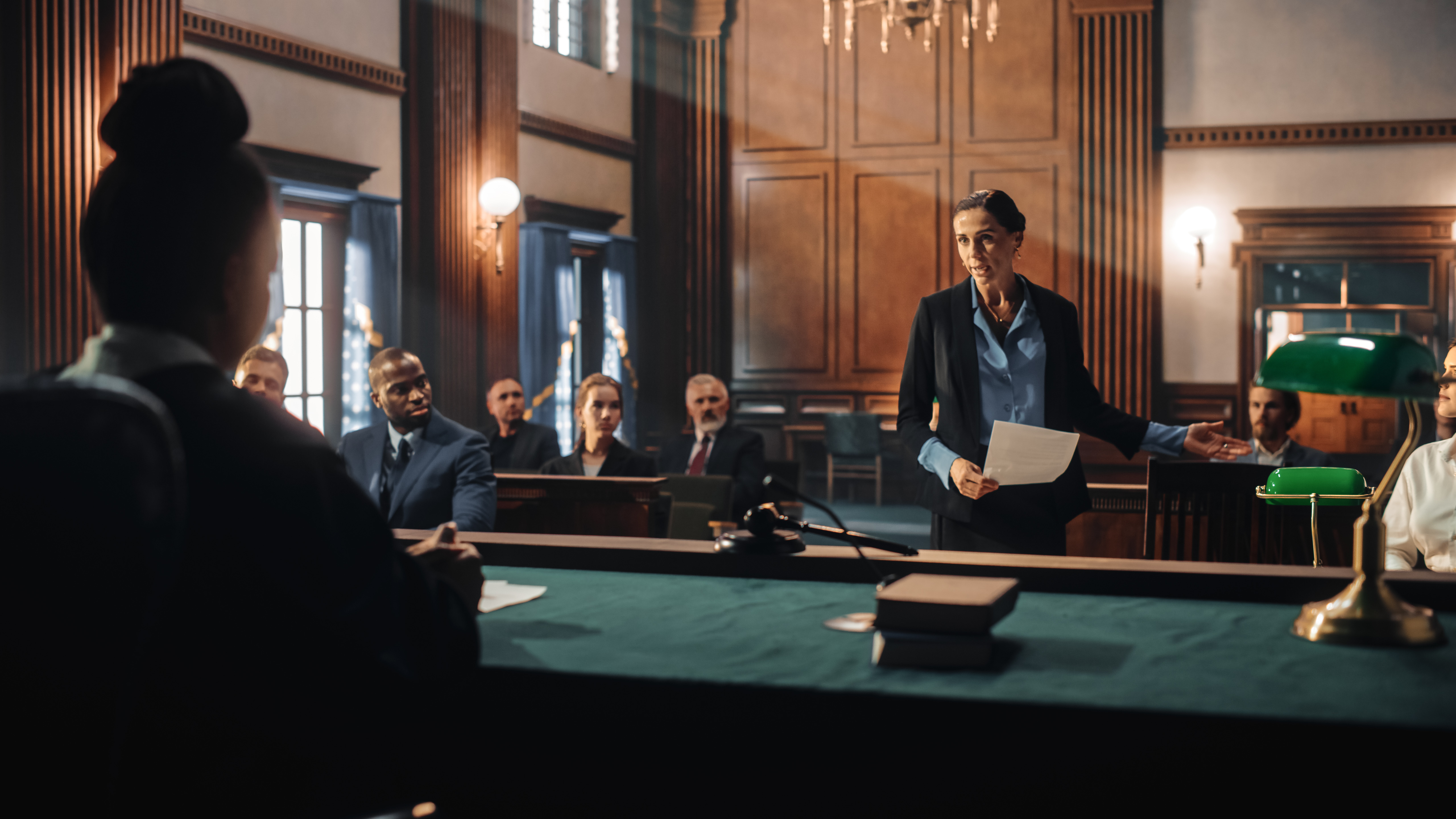The Significance of Habeas Corpus in Legal Protection: Lawyer's Perspective
The Significance of Habeas Corpus in Legal Protection: Lawyer's Perspective
Blog Article
Recognizing the Function of a Post-Conviction Legal Representative in Seeking Justice After a Criminal Sentence
In the complex landscape of post-conviction lawful proceedings, the duty of a post-conviction attorney is critical in navigating the course to justice after a criminal conviction - arkansas federal lawyer. As the quest of justice prolongs beyond the boundaries of first proceedings, the role of a post-conviction legal representative emerges as a beacon of hope for those seeking to correct injustices and recover their legal rights within the legal system.
Post-Conviction Legal representative's Investigatory Job
Post-conviction legal representatives take part in thorough investigatory work to uncover new evidence, procedural mistakes, or misbehavior that could potentially lead to reversing a conviction. This investigative phase is vital in the post-conviction procedure as it aims to determine any forgotten information or legal bad moves that might have impacted the result of the preliminary trial. Post-conviction attorneys explore instance documents, witness testimonies, and lawful paperwork with a fine-tooth comb, looking for any discrepancies or abnormalities that can be premises for appeal.
Through detailed examination, post-conviction lawyers aim to drop light on prospective oppressions that may have happened throughout the original trial. They might conduct meetings, seek advice from professionals, and evaluation forensic proof to build an engaging case for their clients. By looking at every facet of the legal process, post-conviction attorneys work tirelessly to discover any type of aspects that might have influenced the verdict. Ultimately, their investigative work plays a critical function in the pursuit of justice and the prospective reversal of wrongful convictions.
Crafting Appeals and Petitions
In the quest of justice after a conviction, proficient legal representatives diligently craft appeals and applications to present engaging debates for the reconsideration of legal decisions. Crafting allures and requests needs a deep understanding of the legal system, interest to detail, and tactical reasoning. Post-conviction attorneys assess trial documents, identify prospective errors or offenses of legal rights, and create lawful arguments to challenge the sentence or sentence.
When crafting a charm, legal representatives concentrate on highlighting lawful errors that may have impacted the result of the situation. They research instance law, statutes, and legal precedents to sustain their disagreements. Petitions, on the other hand, might involve presenting new evidence that was not readily available during the test or showing modifications in the legislation that call for an evaluation of the sentence.
Moreover, post-conviction legal representatives have to abide by rigorous procedural guidelines and target dates when filing allures and petitions. They must present their debates clearly and persuasively to convince the court to give relief to their customers. With thorough crafting of charms and requests, post-conviction legal representatives aim to protect justice for individuals who have actually been wrongfully founded guilty or unfairly sentenced.

Going After Post-Conviction Relief
Post-conviction relief includes a variety of legal mechanisms made to challenge the credibility of a conviction or sentence. Post-conviction attorneys play a critical function in browsing these complicated treatments, ensuring that all lawful alternatives are checked out to correct injustices that may have happened during the trial or sentencing phase.
One typical type of post-conviction alleviation is submitting an application for post-conviction alleviation, normally based on cases of inefficient help of guidance, prosecutorial misbehavior, newly found evidence, or constitutional infractions. Experienced post-conviction lawyers possess the skills and understanding needed to recognize viable legal claims, perform examinations, and present engaging arguments to secure alleviation for their customers.
Making Use Of Forensic Proof
When challenging a conviction or sentence, the tactical application of forensic evidence can be a powerful device in post-conviction legal proceedings. Forensic proof encompasses a variety of scientific techniques made use of to examine criminal activities and establish facts in court. Post-conviction attorneys can leverage forensic proof to test the validity of sentences by providing brand-new clinical findings that were not readily available throughout the original test.

Involving in Sentence Modifications
Post-conviction attorneys may check out the opportunity of sentence alterations as a lawful opportunity to deal with disproportionate or unjust sentences bied far in criminal cases. Sentence alterations involve looking for modifications to the regards to a defendant's sentence after a sentence has actually happened. These modifications can consist of decreasing the size of a sentence, altering the sort of penalty imposed, or checking out alternate sentencing options.
Post-conviction legal representatives can seek sentence adjustments with different legal systems, such as filing motions for sentence decrease, appealing for compassionate release, or negotiating plea deals for decreased sentences. They need to carefully review the circumstances of the situation, examine the lawful grounds for seeking an alteration, and present engaging disagreements to the court sustaining the requirement for a modified sentence.
Participating in sentence alterations requires a detailed understanding of criminal regulation, sentencing standards, and the certain procedures included in looking for post-conviction alleviation. Post-conviction legal representatives play a critical duty in promoting for reasonable and just results by difficult sentences that are unduly harsh or do not straighten with the principles of justice.
Verdict
Finally, the role of a post-conviction attorney is essential in looking for justice after a criminal sentence. With investigatory job, crafting charms and requests, going after post-conviction relief, making use of forensic evidence, and participating in sentence modifications, these legal professionals play an important function in supporting for their customers and making sure that their civil liberties are maintained within the criminal justice system. Their dedication and competence are important in navigating the complexities of post-conviction process and attaining a reasonable outcome for people encountering criminal sentences.
Report this page